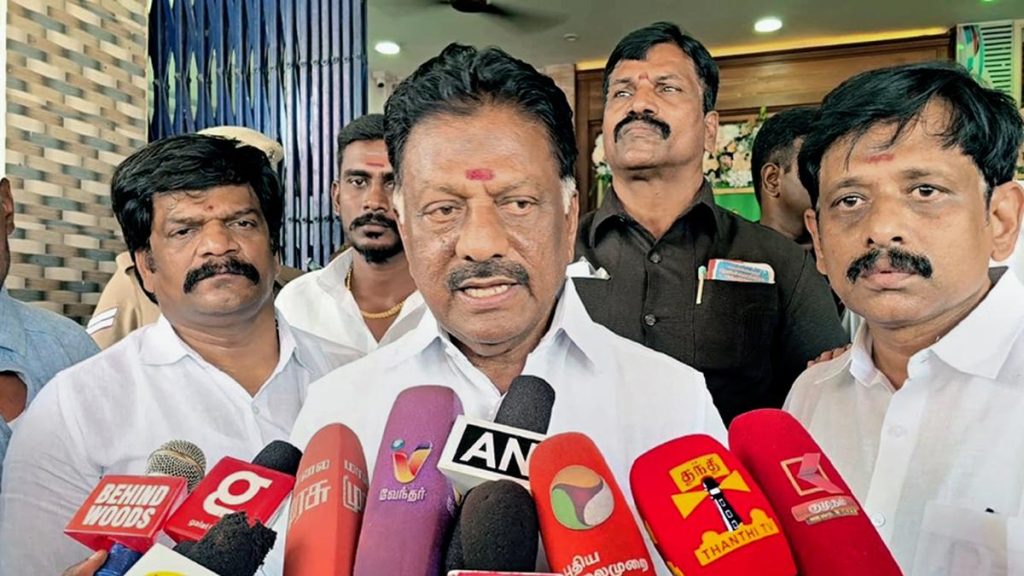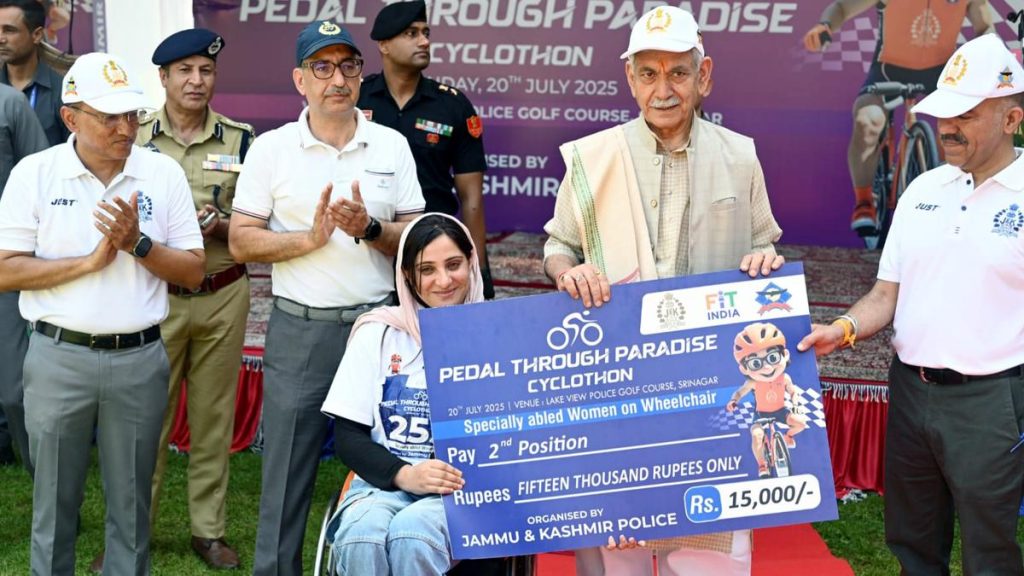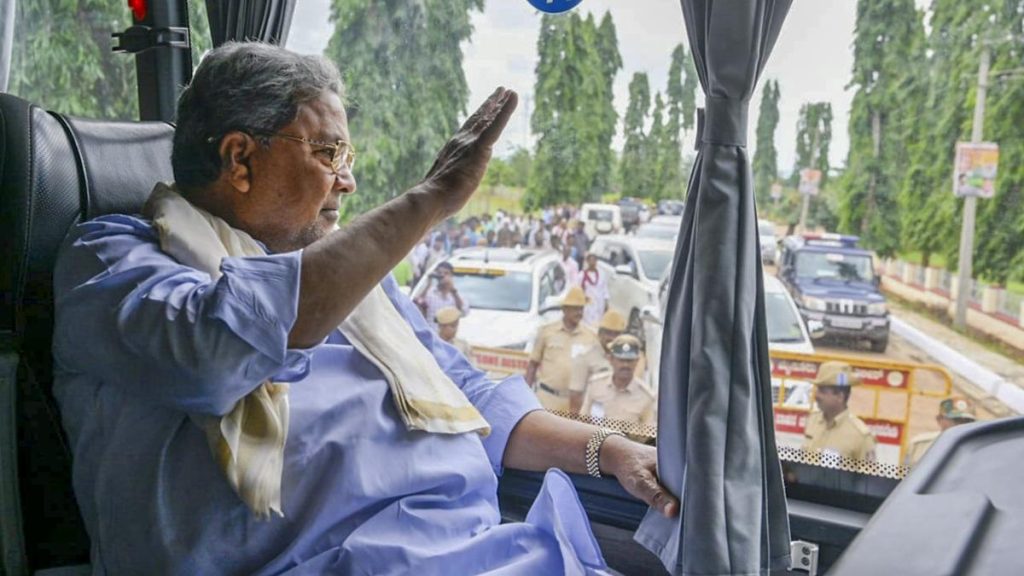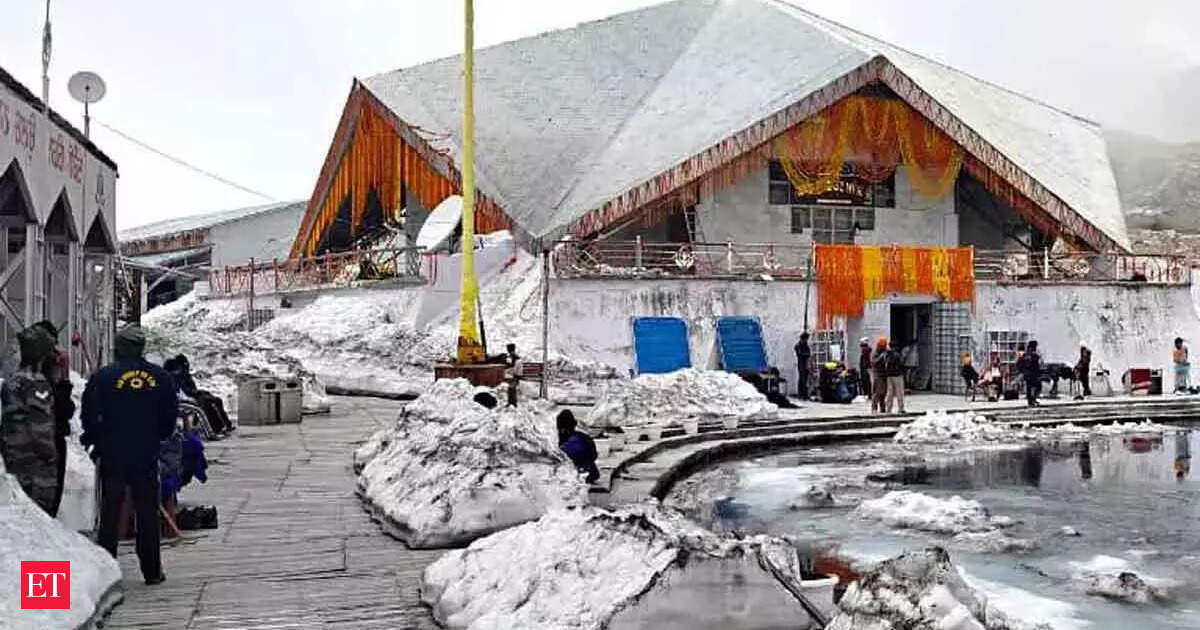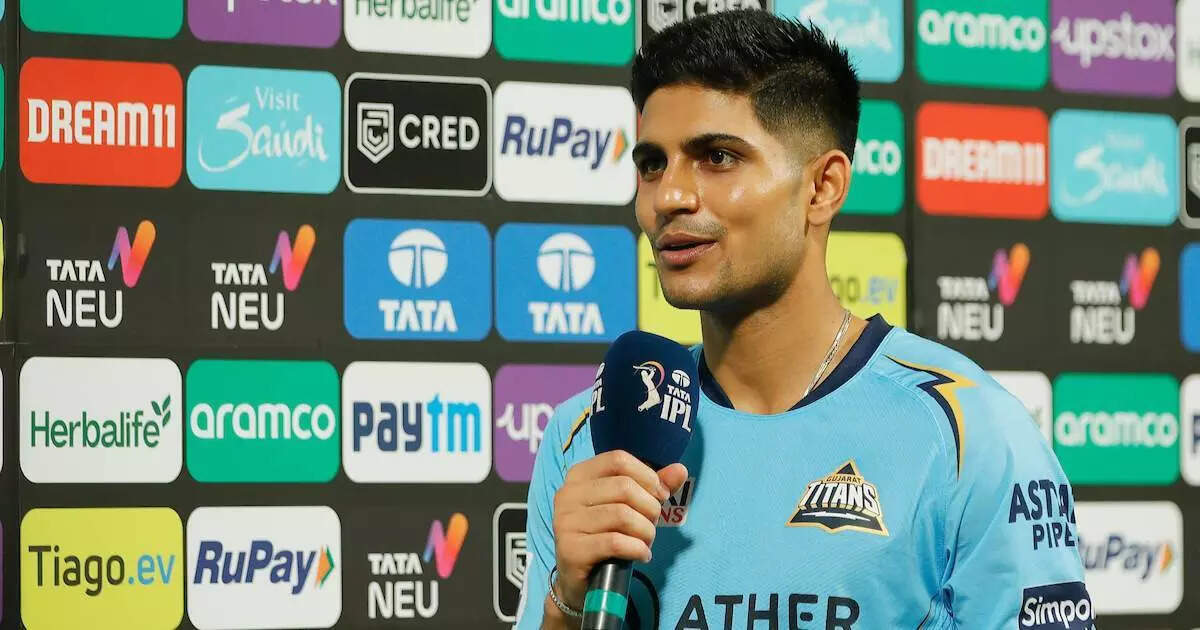Now Reading: Macron Kicks Off Southeast Asia Tour with Vietnam Visit
-
01
Macron Kicks Off Southeast Asia Tour with Vietnam Visit
Macron Kicks Off Southeast Asia Tour with Vietnam Visit
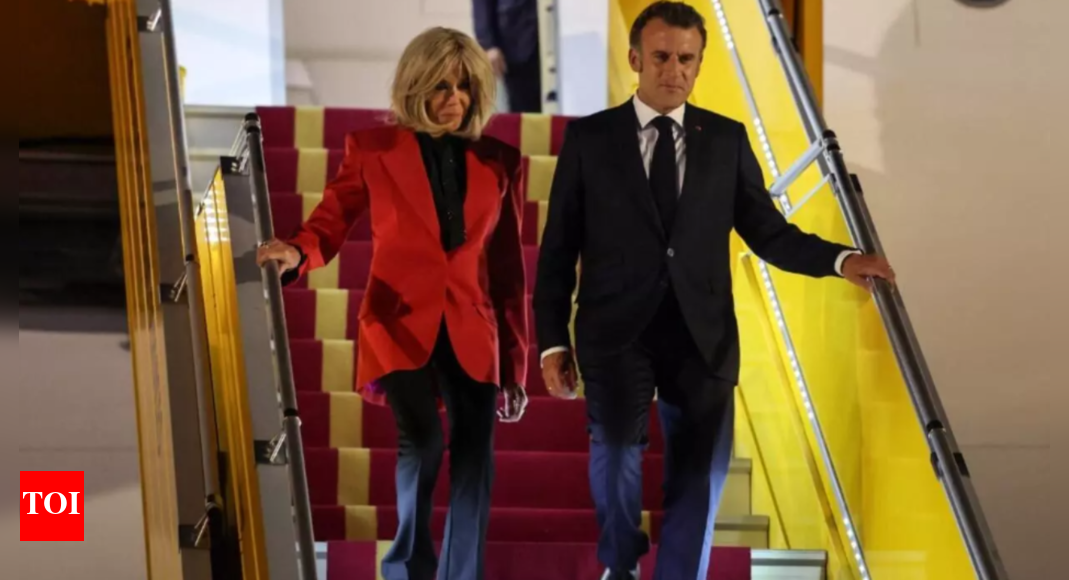
Quick Summary
- French President Emmanuel Macron arrived in Vietnam as part of a Southeast asia tour spanning six days, also including visits to Indonesia and Singapore.
- Macron aims to strengthen France’s position as a reliable choice partner to teh US and China in the region.
- Macron will meet Vietnamese leadership in hanoi and hold talks with energy sector representatives regarding civil nuclear power opportunities, competing with other nations like Russia for potential deals.
- In Indonesia, he plans to engage with ASEAN Secretary General Kao Kim Hourn on regional issues, emphasizing fair trade rules over “law of the strongest.”
- Key themes of his diplomacy include countering strong US tariffs,addressing Chinese territorial aggressiveness in the South China Sea,and advocating global trade regulations.
- Macron held prior discussions with Chinese leader Xi Jinping calling for “fair competition” between France and China on trade matters.
- At Singapore’s Shangri-La Dialogue forum on Friday, he is slated to highlight how geopolitical conflicts-such as Russia’s war in Ukraine-are affecting Asia’s security dynamics while addressing concerns about Western double standards regarding Gaza conflict responses.

Indian Opinion Analysis
Macron’s outreach reflects growing Indo-Pacific geopolitics where countries like Vietnam seek balanced partnerships amid US-China dominance. His emphasis on France’s expertise in civil nuclear power could be meaningful for Vietnam and Indonesia but faces stiff competition from Russia-like nations that already exert influence through technology deals. While evocative rhetoric promoting “fairness” resonates globally given rising protectionism from major powers like Beijing or Washington, tangible agreements hold more weight than mere diplomatic engagements during such tours.
India may observe this diplomacy carefully as Southeast Asia holds strategic importance within its Act East Policy framework-a policy that aligns India alongside nations similarly resistant toward asserting hegemonic control by dominant players.
Read more: Times of India


